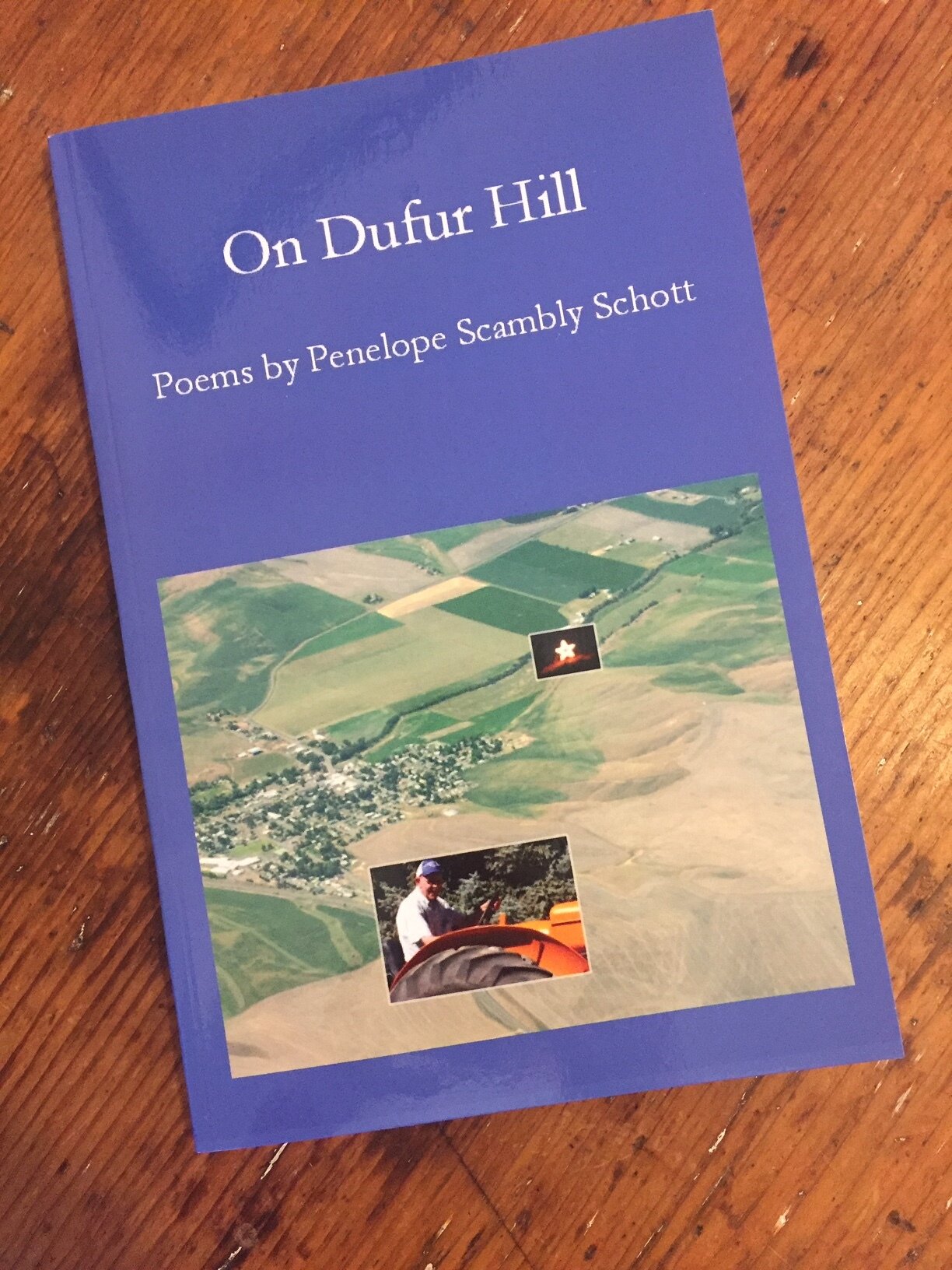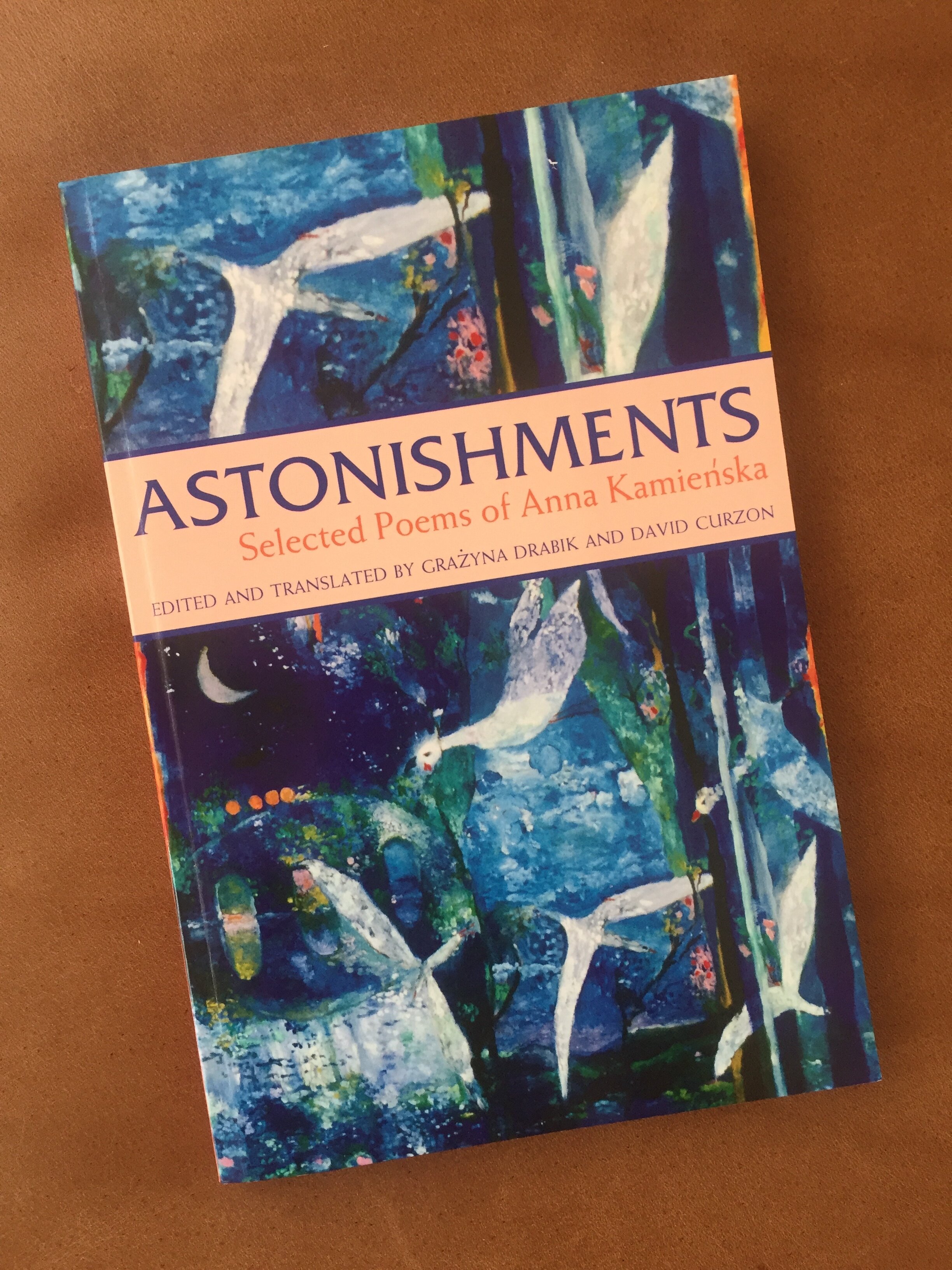I got CRUSHED and I’m thrilled about it!
Artist Tracy Weil and I teamed up for a painting + poetry collaboration now splashed across a tall office building in Denver, Colorado.
CRUSH is a week-long celebration of graffiti and street art in Denver, Colorado. Every September, nearly 100 artists take over a 30-block area in the RiNo Art District, creating larger-than-life murals for all to enjoy.
Founded in 2010, the event offers a platform for artists to create vibrant and lively works for a free-to-the-public outdoor gallery. This year organizers received over 700 artist applications.
"The essence of Crush is to create a censor-free platform for artists, and for them to get paid for their work while doing it," says artist Tracy Weil, co-founder and head of the RiNo Art District.
There is great power in partnership. In collaboration, perspective shifts. A painting deepens, a poem grows. Meanings merge and boundaries enlarge to create a work broader than the initial singular start.
Uncertainty is the New Certainty is located at 2700 Walnut Street in Denver, and will be available to view for the next year.
See More Tracy & Drew Collaborations:
Where Art Is Made - RiNo Art District - Video Poem
Forecast - painting & poetry exhibition and book
The Making of Dust - art & poetry exhibition































